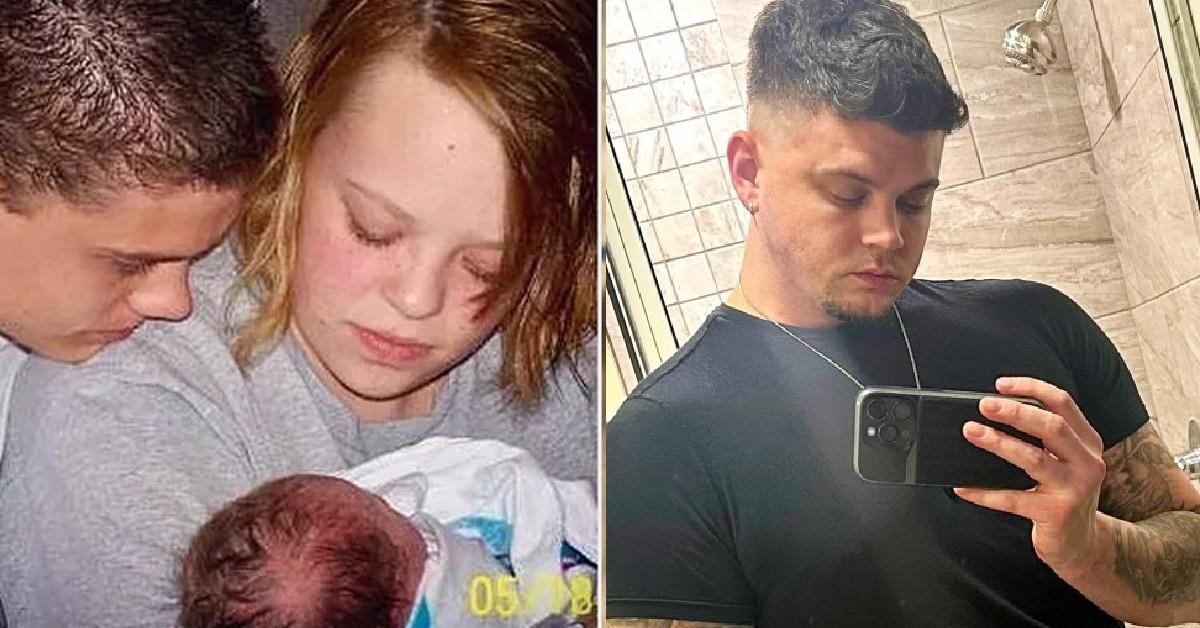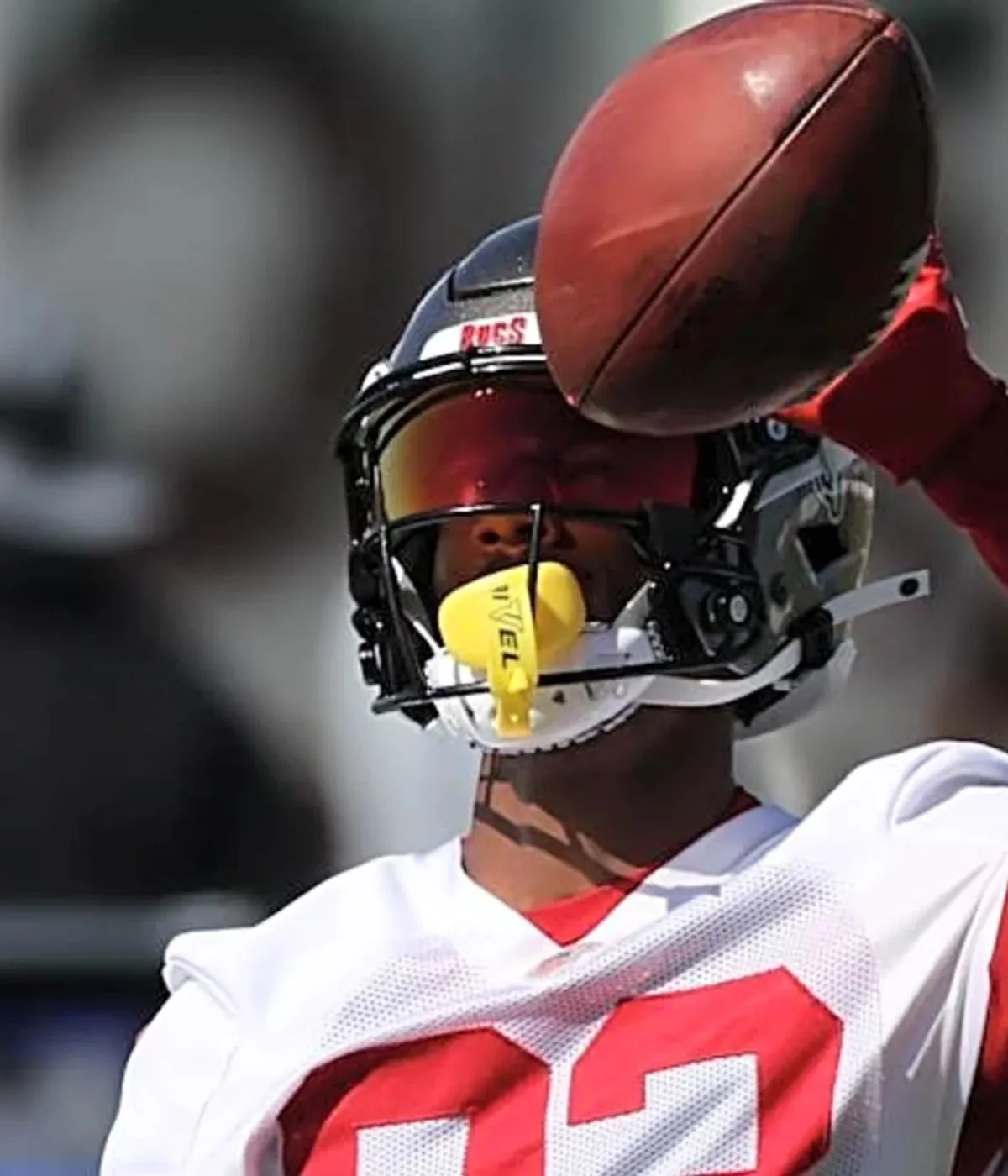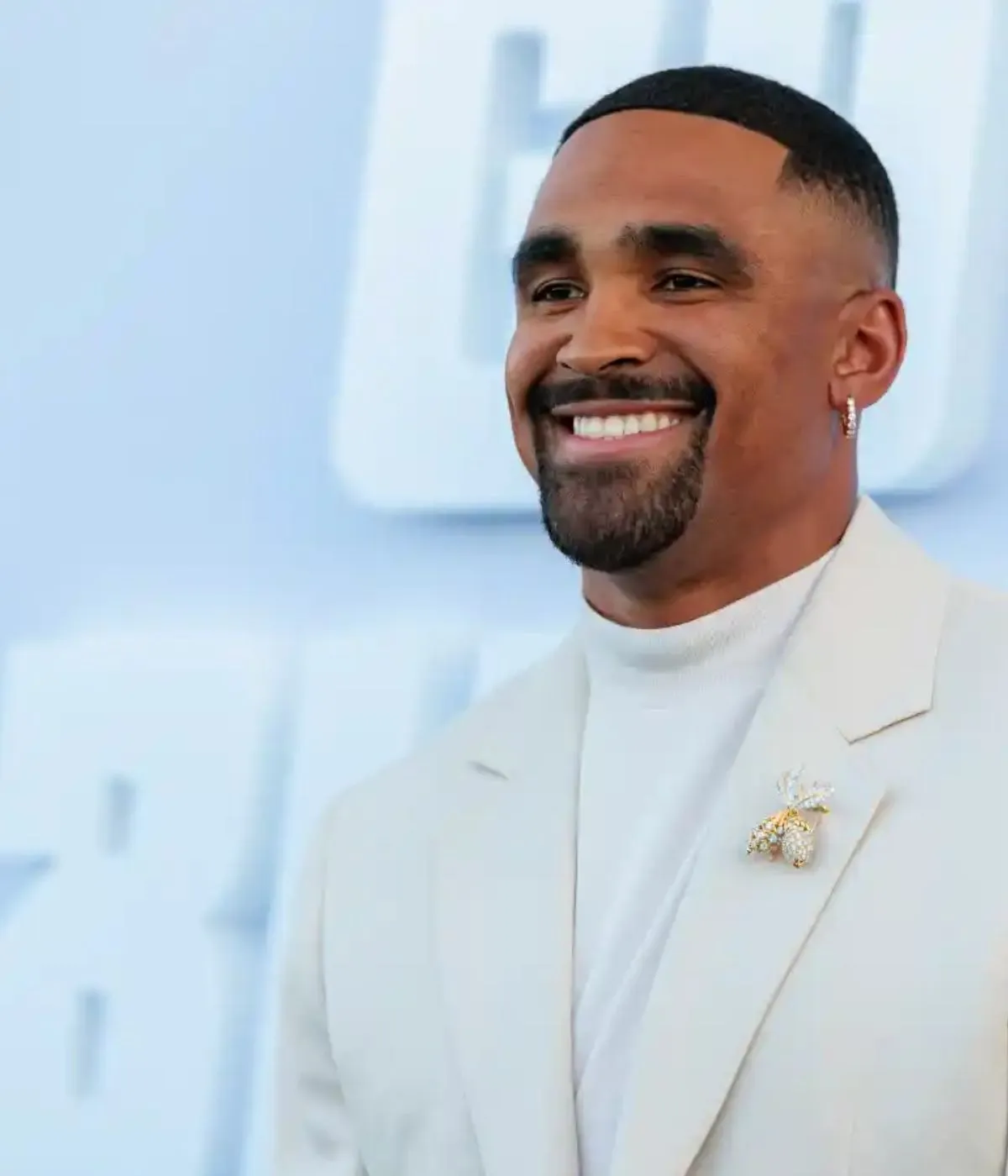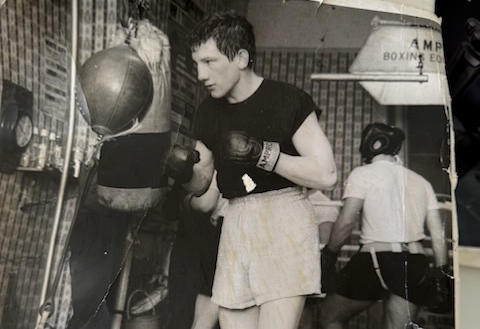
An Olympic boxer from the Lancaster and Morecambe area who went on to become one of the UK's most respected sport journalists has died, aged 82.
Frankie Taylor boxed in the same Olympic Games as the great Muhammad Ali, a man he'd later interview many times and who remembered him as "the man robbed of Olympic gold".
Frankie was beaten by a Russian boxer in those 1960 Games in Rome, in a decision so questionable that the judges were removed from the tournament immediately afterwards.
He went on to turn professional, winning 27 of 31 fights, and stood on the verge of challenging for the British Featherweight Title when his career was abruptly ended due to eye problems.
Frankie went on to a successful career as the boxing correspondent for the Sunday People newspaper for 35 years.
Francis Taylor was born on Balmoral Road in Lancaster in 1942 and went to Lancaster Royal Grammar School.
He boxed at the Lancaster Lads Amateur Club and was an exciting prospect, encouraged by his father Frank.
Frankie soon became one of the best amateur boxers in the country and won the Schoolboy National Title in 1957 and 1958.
At 17, he won the ABA Bantamweight Title at his first attempt.
He was then picked for the British Olympic team, travelling to Italy where he lost to the eventual gold medallist Oleg Grigoryev, in a highly controversial points decision.
Frankie rebounded from this disappointment to win the European Championships gold medal in Belgrade in 1961.
He ended his amateur career as part of the ABA team who whitewashed the USA 10-0 at the Empire Pool, Wembley, that year.
Frankie made his professional debut in February 1962, stopping Billy Evans in four rounds - wearing the Red Rose of Lancaster on his robe.
The Boxing Writers' Club named him 'Best Young Boxer of the Year' for 1962.
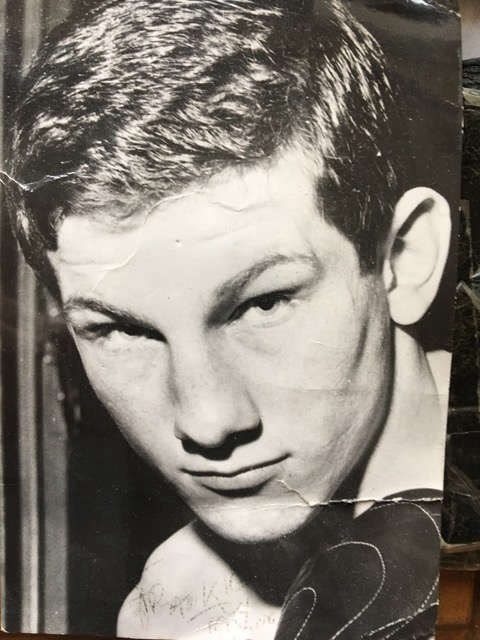
Frankie scored a huge victory over fellow unbeaten prospect Lenny 'The Lion' Wiliams, stopping the Welshman in six at the Royal Albert Hall, then defeated Williams again in a rematch.
In fighting 'The Lion', Frankie earned his nickname of 'The Tiger'.
He then beat Phil Lundgren of Bermondsey on points in a final eliminator for the British Featherweight Title.
Frankie also boxed at Morecambe Winter Gardens during this period.
But then, during a bout with Carlos Teo Cruz from Dominica, Frankie began to experience severe double vision.
"It was a stand-in fight because another boxer pulled out from the event," said Frankie's son Jonathan.
"Dad wasn't match ready, and Cruz was a good fighter who later became a world champion.
"A clash of heads broke Dad's occipital lobe in the early rounds, giving him double vision that persisted through his last two fights and brought a halt to my Dad's career as a fighter."
Frankie won his final fight in 1966, beating the Spaniard Luis Alsa by stoppage. He retired as number one contender to the great Howard Winstone's British Featherweight Championship.
A trained journalist, Frankie worked as a junior reporter for the Lancaster Guardian and Lancashire Evening Post, and whilst still an active boxer, became the boxing correspondent for the Sunday People.
"When Dad transitioned to covering boxing as a journalist, he would often find himself at Muhammad Ali's press conferences," said Jonathan.
"Dad had a unique approach - he would wait patiently for the other journalists to ask their questions and leave.
"Ali would then give Dad exclusive, in-depth information because he knew Dad worked for a Sunday paper and needed more substantial material.
"What made these encounters special was that Ali remembered Dad from their time in Rome.
"As Ali once told him: 'I remember you - you're the fighter that was robbed of the gold.'
"This connection gave Dad access to stories and insights that other journalists simply couldn't get, stemming from that moment of mutual respect between two boxers who had shared the Olympic stage."
In later years, Frankie lived quietly in Morecambe.
Here is a poster advertising his fight at the Royal Albert Hall in 1964, proudly hanging on the wall of The Exchange pub in the West End of the town.
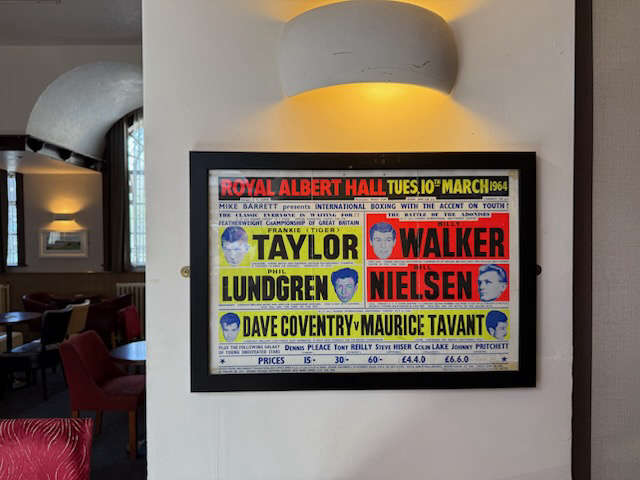
Former local pub landlord and ex-councillor Charlie Edwards said: "I knew Frankie in the latter years of his life, as a humble, cheeky gentle soul who made time for all and enjoyed a song on the karaoke.
"Despite his great personal glories, he enjoyed the anonymity of old age.
"What a lovely guy. Rest in peace."
Frankie spent his final days as a resident of Fernbank Lodge Care Home on Heysham Road.
He is survived by his son Jonathan, who has followed in his father's footsteps as a photo journalist, and Frankie's sister Charlotte.
